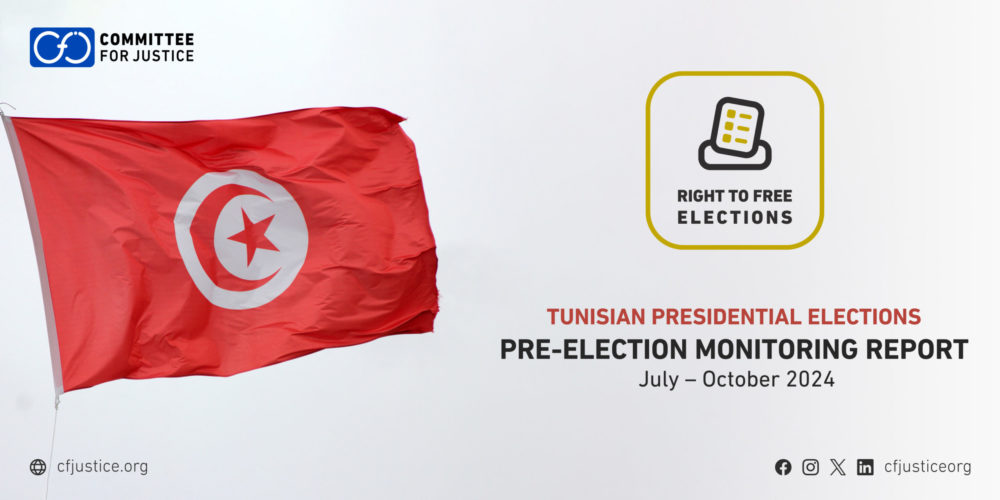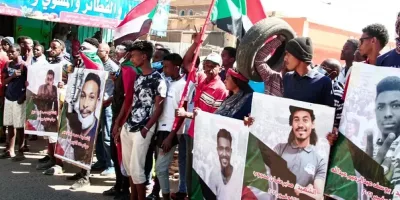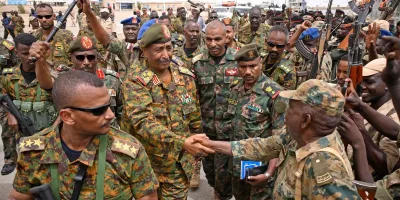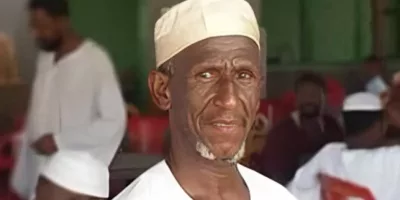The upcoming Tunisian presidential elections represent a pivotal moment for the country’s democratic future, according to the “Committee for Justice.” Amidst a politically charged atmosphere and concerns about President Kais Saied’s authoritarian inclinations, independent election monitoring has become crucial to ensure the integrity of the process.
The “Committee for Justice” highlighted these issues in its first report on the presidential elections, part of its “Right to Free Elections” initiative. The report, focusing on pre-election conditions ahead of the October 6th vote, detailed recent political developments affecting the election’s fairness.
Since President Saied assumed extraordinary powers in July 2021—dissolving parliament, the Supreme Judicial Council, and dismissing Prime Minister Hichem Mechichi—Tunisia has seen a notable shift towards authoritarianism. The situation for human rights defenders, lawyers, journalists, activists, and judges has worsened significantly. In July 2022, Saied replaced the 2014 constitution with a text he authored, shifting the political system from parliamentary to presidential, thereby granting himself unprecedented executive powers.
The report also discussed new electoral laws (Decree No. 55 of 2022), effective September 15, 2022. These laws impose stringent requirements on candidates, such as gathering a substantial number of voter endorsements, which poses a significant barrier for new or independent candidates. Additionally, changing from a proportional representation system based on party lists to individual nominations undermines organized political opposition and fragments the political landscape.
Moreover, the new laws lack previous requirements for gender equality in candidate lists and specific provisions to promote youth representation, marking a regression in inclusive representation. They also impose strict controls on campaign financing, with rigorous spending limits and detailed reporting requirements that may disadvantage smaller or less established candidates.
As a result, the political climate is tense, with opposition parties boycotting the elections due to fears of unfair competition, the arrest of political opponents, and what they perceive as an impending “electoral farce.”
President Saied has effectively compromised the independence of the Independent High Authority for Elections through Decree-Law 22, allowing him to appoint and dismiss its members. Concerns about the authority’s independence are heightened by its aggressive stance towards critics, threatening media outlets and civil society organizations with the revocation of accreditation if they question its independence or competence. The authority has also taken legal action against Saied’s political opponents, defending Decree-Law 54, which was enacted in 2022 ostensibly to combat cybercrimes but is primarily used to suppress regime criticism.
The report detailed instances of repression against key political opponents before the elections, including Abir Moussi, leader of the Free Destourian Party, Rached Ghannouchi, leader of the Ennahda Party and former Speaker of Parliament, Ajmi Lourimi, Secretary-General of the Ennahda Party, Issam Chebbi, Secretary-General of the Republican Party, and others who have been arrested.
The report concluded that the pre-election period leading up to the 2024 presidential elections has been marked by significant concerns about the erosion of democratic standards and human rights. In this context, the role of election monitoring bodies is crucial. The initiative led by the Cairo Institute for Human Rights Studies aims to ensure that the electoral process meets national and international democratic standards.
As Tunisia stands at a crossroads, international attention and support are vital to protecting democratic principles and human rights. The upcoming elections are not just a political event but a critical test of Tunisian democracy’s resilience and the protection of fundamental freedoms. It is essential for all stakeholders to work together to ensure that the electoral process is fair, transparent, and inclusive, reflecting the true will of the Tunisian people.






